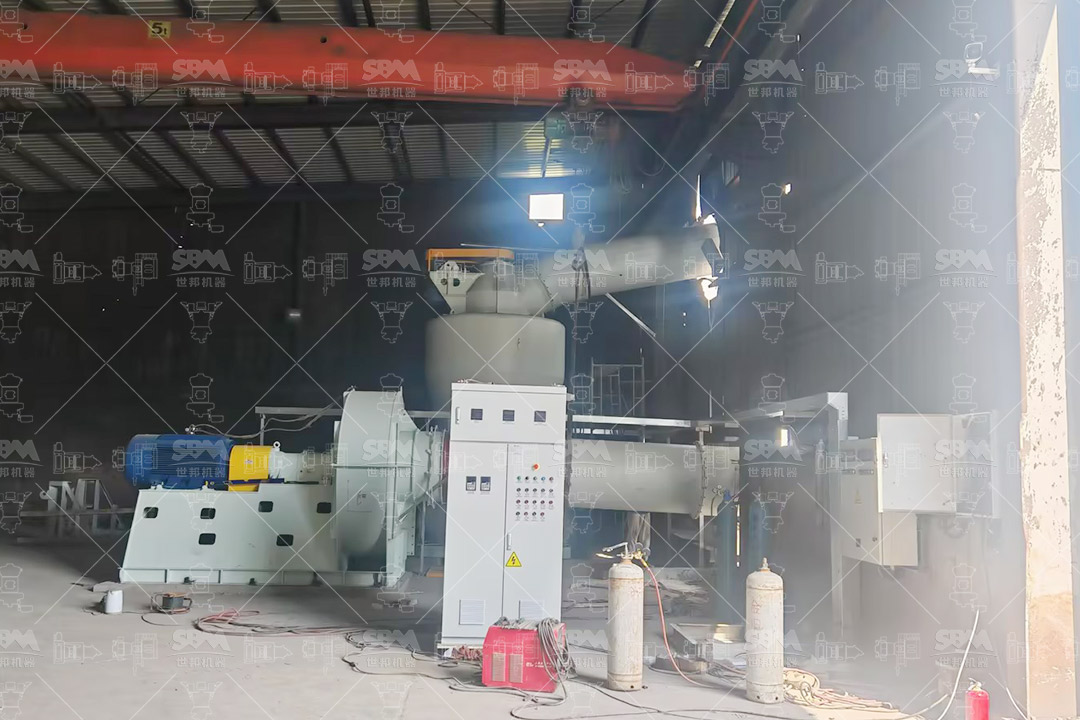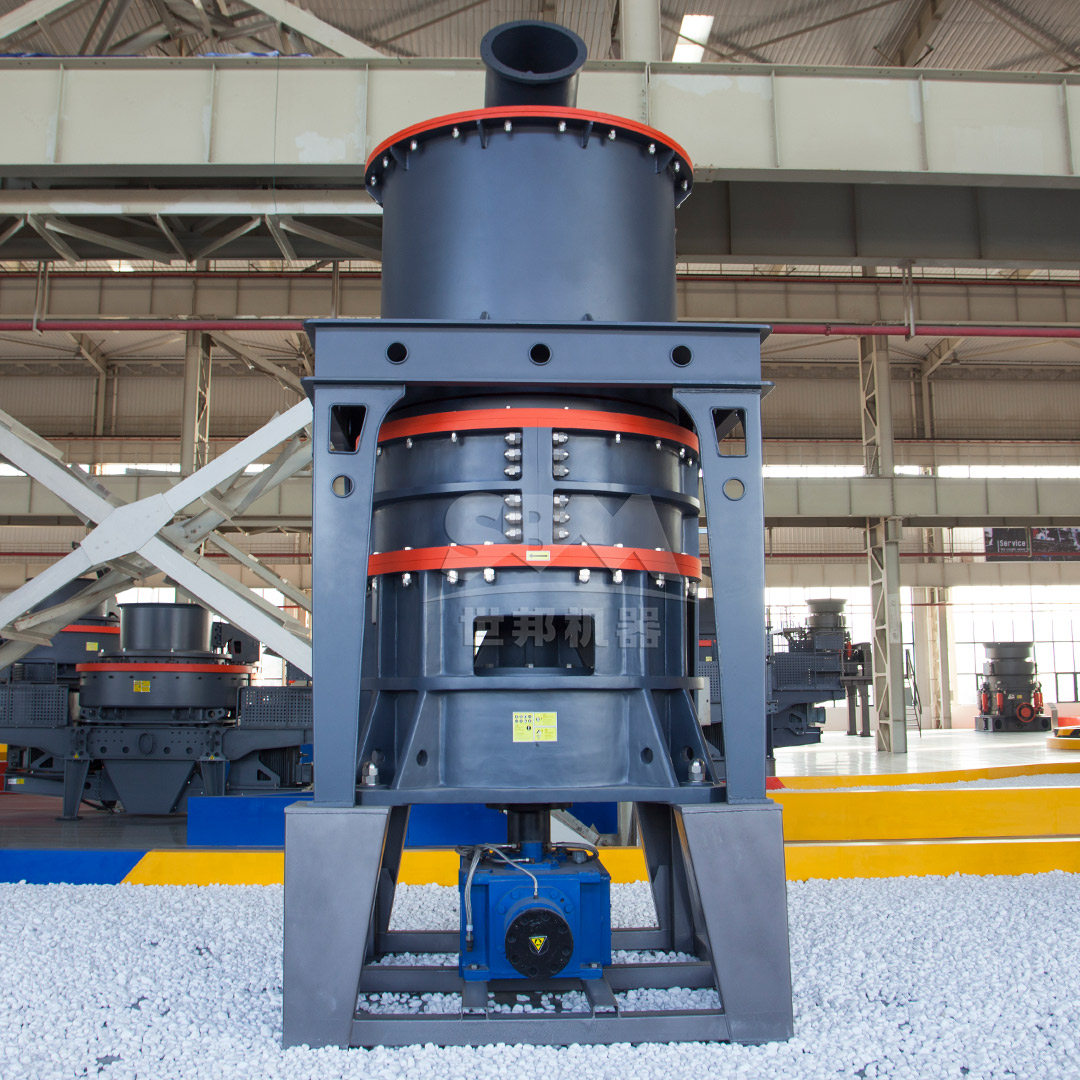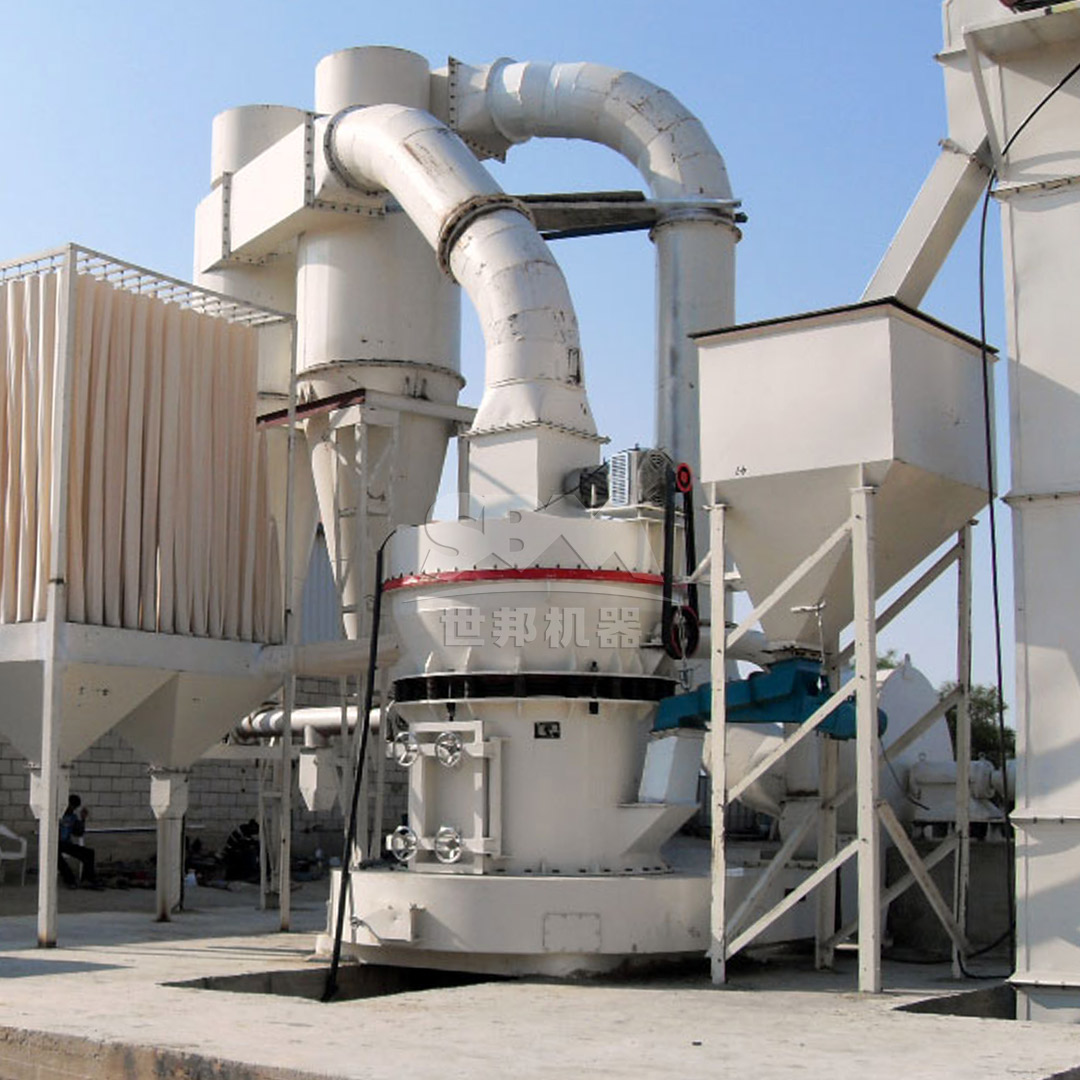Barite (barium sulfate) is a critical mineral in industrial insulation materials due to its high density, chemical inertness, and excellent thermal stability. The performance of barite-based insulation heavily depends on the particle size distribution and purity achieved during the grinding process. Selecting the appropriate grinding mill is paramount for optimizing production efficiency, product quality, and operational costs. This comprehensive guide will explore the key factors to consider and recommend suitable milling solutions for barite processing in insulation applications.

Industrial insulation applications typically require barite powder with specific fineness ranges:
The particle size distribution directly affects the insulation density, thermal conductivity, and mechanical properties. Narrow distribution with consistent fineness ensures uniform performance across the insulation material.
Capacity needs vary significantly based on application scale:
| Production Scale | Required Capacity | Recommended Mill Types |
|---|---|---|
| Laboratory/Small Batch | 0.5-2 ton/h | Small SCM Series, Laboratory Ball Mills |
| Medium Production | 2-15 ton/h | MTW Series, MTM Series, Medium SCM |
| Large Industrial | 15-45 ton/h | LM Series, Large MTW, Ball Mills |
| Very Large Scale | 45-250 ton/h | LM Series Vertical Mills |
Grinding operations typically account for 30-60% of total energy consumption in mineral processing. Key efficiency factors include:
Beyond initial investment, consider:
For applications requiring very fine barite powder (325-2500 mesh), ultrafine mills offer superior performance. Our SCM Ultrafine Mill series represents the cutting edge in fine grinding technology for insulation-grade barite.
Key Advantages for Barite Processing:
Technical Specifications:
| Model | Capacity (ton/h) | Power (kW) | Output Fineness | Feed Size |
|---|---|---|---|---|
| SCM800 | 0.5-4.5 | 75 | 325-2500 mesh | ≤20mm |
| SCM1000 | 1.0-8.5 | 132 | 325-2500 mesh | ≤20mm |
| SCM1250 | 2.5-14 | 185 | 325-2500 mesh | ≤20mm |
| SCM1680 | 5.0-25 | 315 | 325-2500 mesh | ≤20mm |
The SCM series operates through a unique multi-layer grinding principle where material is centrifugally dispersed into the grinding track and progressively refined through roller compression across multiple layers, ensuring uniform ultrafine barite powder ideal for high-performance insulation materials.

For medium-fine barite grinding applications (30-325 mesh), the MTW Series Trapezium Mill offers robust performance and high efficiency. This mill is particularly suitable for standard insulation materials where ultra-fineness is not required but consistent quality and high throughput are essential.
Technical Advantages:
The MTW series employs a centrifugal grinding principle where the main motor drives grinding rollers to revolve around the central axis while rotating themselves, creating optimal conditions for efficient barite particle size reduction.
For large-scale barite processing operations, LM Series Vertical Roller Mills provide exceptional efficiency and compact design. These mills integrate crushing, grinding, and separation functions in a single unit, making them ideal for comprehensive barite processing plants.
Key Benefits:
The MTM Series Medium-speed Trapezium Mill bridges the gap between conventional and advanced grinding technologies, offering reliable performance for barite processing with intelligent pressure regulation and innovative grinding roller assembly.
Traditional ball mills remain relevant for certain barite applications, particularly when combined with other grinding technologies or for specific particle morphology requirements.
For advanced thermal barrier systems requiring ultrafine barite (1250-2500 mesh), we strongly recommend our SCM Ultrafine Mill series. The ability to produce barite powder with D97 ≤ 5μm ensures optimal packing density and thermal performance in high-temperature insulation applications.
Case Example: A thermal insulation manufacturer achieved 40% improvement in thermal resistance by switching to SCM1680 for their barite processing, while reducing energy costs by 35% compared to their previous jet milling system.
For conventional insulation materials operating in moderate temperature ranges (200-800 mesh), the MTW Series European Trapezium Mill provides the ideal balance of performance, efficiency, and operational economy.
The MTW215G model, with its capacity of 15-45 ton/h and output fineness of 30-325 mesh, is particularly well-suited for large-scale production of standard barite insulation products.

For comprehensive barite processing facilities serving multiple insulation product lines, the LM Series Vertical Roller Mills offer unparalleled efficiency and flexibility. The modular design allows for customized configurations to match specific production requirements.
The LM220K model, with capacity of 36-105 ton/h and ability to produce barite powder from 80-325 mesh, serves as an excellent centerpiece for integrated insulation manufacturing plants.
Barite moisture content should be maintained below 2% for optimal grinding efficiency. Pre-drying systems may be necessary in humid environments to prevent material adhesion and mill clogging.
Consistent feed size below the mill’s maximum specification ensures stable operation and optimal grinding efficiency. Primary crushing to ≤20mm is recommended for most barite grinding applications.
Implement regular inspection schedules for grinding elements and establish strategic spare parts inventory to minimize production interruptions.
| Mill Type | Capital Investment | Operating Cost (per ton) | Maintenance Cost | Typical ROI Period |
|---|---|---|---|---|
| SCM Ultrafine Mill | High | Low-Medium | Medium | 18-24 months |
| MTW Trapezium Mill | Medium | Medium | Low-Medium | 12-18 months |
| LM Vertical Mill | High | Low | Low | 24-36 months |
| Ball Mill | Low-Medium | High | High | 24+ months |
Selecting the right barite grinding mill for industrial insulation materials requires careful consideration of product specifications, production requirements, and economic factors. For most modern insulation applications, advanced grinding technologies like our SCM Ultrafine Mill and MTW European Trapezium Mill offer significant advantages in efficiency, product quality, and operational economy. By matching the mill technology to specific application needs and implementing proper operational practices, manufacturers can optimize their barite processing operations for superior insulation product performance and competitive advantage in the marketplace.
Our technical team is available to conduct comprehensive analysis of your specific barite grinding requirements and recommend the optimal milling solution tailored to your insulation manufacturing objectives.